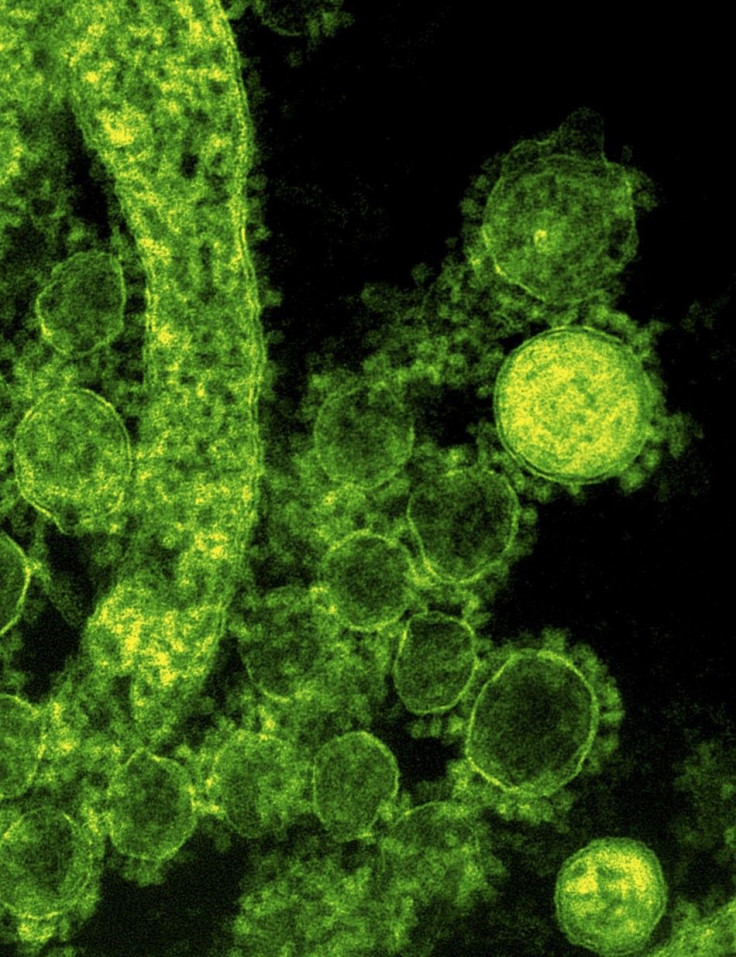Saudi Arabia Deadly MERS Virus Cases 'On the Rise,' Enhanced Precautions And Prevention Guidelines

Rising cases of the Midlle East respiratiory syndrome (MERS) have recently been recoded throughout the Arabian Peninsula. Although the virus is not yet considered pandemic, latest occurrences were also found in other countries.
One incident was a U.S. healthcare worker contracting the MERS virus after traveling to Riyadh, Saudi Arabia. The man was found in Indiana exhibiting the virus' symptoms but he is currently in good condition, as reported by the state health's department.
"We are very pleased the patient is improving and no other cases have been identified at this time," Dr. William VanNess II, Indiana's state health commissioner, said in a report to The Guardian.
Saudi Arabia's government health officials weren't able to keep close tabs of the MERS outbreak in their country. Public health experts in Saudi confirmed, after a week's observation that MERS had risen dramatically. Now the total count of infected people is 500 as of late. The Centers for Disease Control and Prevention warned a third of people infected with the disease died, and there is still no known cure yet.
With the recent spike in MERS case, Saudi Arabia has announced that the virus is raised to "Alert level 2." It means the government advises people, travelers, especially health workers, to practice enhanced precautions.
According to CDC's report, "CDC does not recommend that travelers change their plans because of MERS. Most instances of person-to-person spread have occurred in health care workers and other close contacts such as family members and caregivers of people sick with MERS."
The MERS alert and precautions are more targeted for travelers planning to provide health care in the Arabian Peninsula. Here are CDC's precautionary guidelines to prevent any possible spread of bacteria, germs, and other illnesses that may lead to MERS:
1. Wash your hands often with soap and water. If soap and water are not available, use analcohol-based hand sanitizer.
2. Avoid touching your eyes, nose and mouth. Germs may easily spread through this.
3. Avoid close contact with sick people.
4. Be sure you are up-to-date with all of your shots. If possible, see your health care provider at least 4-6 weeks before traveling and getting any additional shots.
5. If you are sick, cover your mouth with a tissue when you cough or sneeze and throw the tissue to the trash can. Avoid contact with other people to keep from infecting them.
See a doctor if you develop a fever and symptoms of lower respiratory illness such as cough or shortness of breath within 14 days after traveling from countries within or near the Arabian Peninsula. You should inform your doctor about your recent travel.




















